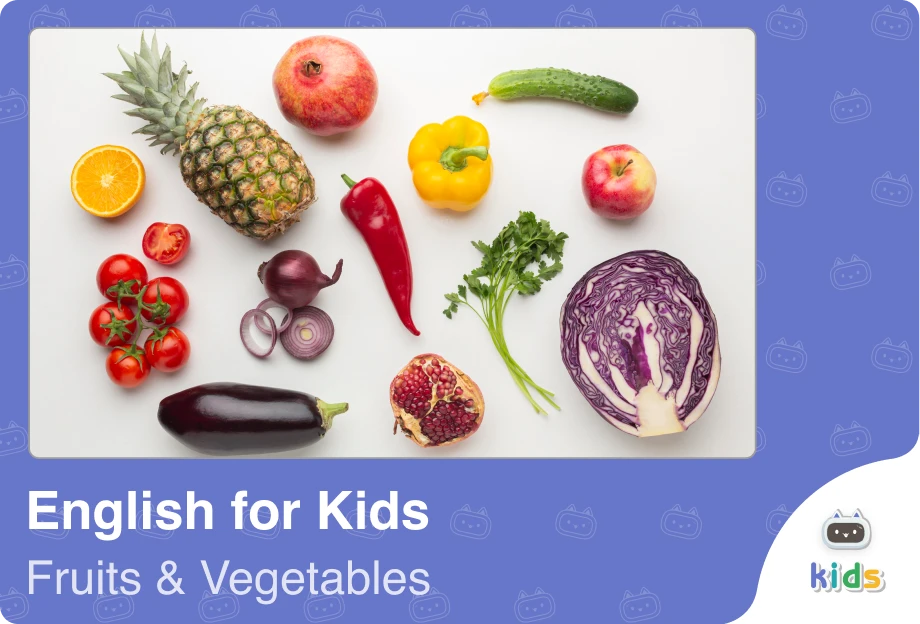Language and travel have always been closely connected. As people explore new places and cultures, they develop unique ways to describe their experiences—and idioms are one of the most colorful expressions of this. In English, travel-related idioms are frequently used not only in conversations about physical journeys but also as metaphors for life experiences, personal growth, and change.
These idioms help enrich everyday speech, making it more engaging, relatable, and expressive. Understanding them can give you deeper insight into the language, allowing you to communicate more naturally and grasp the cultural nuances behind what’s being said. In this list, you’ll discover a variety of travel idioms- some literal, some metaphorical- that native speakers often use. Whether you’re a language learner, a passionate traveler, or someone simply curious about idiomatic expressions, these phrases will broaden your vocabulary and make your English sound more fluent and dynamic.
Learn English with EnglishCentral
No matter what level you’re at, EnglishCentral is the perfect way to learn English or improve yourself further. EnglishCentral is a language learning platform designed to provide comprehensive and effective support for users in their journey to learn English, offering a wide range of rich content. Through EnglishCentral, you can take one-on-one lessons with expert teachers 24/7, where you have full control over selecting the teacher, topic, date, and time. In addition to one-on-one lessons, you can join group lessons and connect with learners from around the world in an interactive classroom setting.
The platform is particularly focused on enhancing fundamental language skills such as listening, speaking, pronunciation, and vocabulary through engaging videos and interactive exercises, allowing users to learn English in a more natural and enjoyable way.
One of the features of EnglishCentral that stands out is its extensive library of videos, including popular movie scenes, music videos, interviews, news clips, and educational content. This diverse selection lets users choose videos that match their interests, making the learning process more fun and personalized. With subtitles provided alongside the videos, users can practice both listening and reading, helping them improve their comprehension while learning the language in a more organic flow.
Additionally, the platform offers interactive quizzes, vocabulary practices, and pronunciation exercises for each video, reinforcing learning and helping students master new words and phrases. Key terms from the videos are highlighted and explained, enabling users to learn vocabulary in context and deepen their understanding.
15 Idioms About Travel
Now, let’s look at the idioms about travel that we prepared for you. These will help you sound more native and natural when you speak English.
1. Hit the Road
Meaning: To leave or start a journey.
Example: We packed our bags and hit the road early in the morning.
2. Off the Beaten Track
Meaning: Somewhere not commonly visited by tourists.
Example: We found a tiny café off the beaten track, it was magical!
3. Travel Light
Meaning: To pack only the essentials, not much luggage.
Example: I hate dragging suitcases, so I always travel light.
4. Catch the Travel Bug
Meaning: To develop a strong desire to travel.
Example: After my first solo trip, I totally caught the travel bug.
5. Live Out of a Suitcase
Meaning: To be constantly traveling and not settled anywhere.
Example: Musicians often live out of a suitcase during tours.
6. Jet Lag
Meaning: The tired feeling after flying across time zones.
Example: I had serious jet lag after flying from Tokyo to New York.
7. Get Away From It All
Meaning: To escape stress, work, or city life.
Example: I just want to get away from it all and chill by the beach.
8. Red-eye Flight
Meaning: A late-night flight that arrives the next morning.
Example: I took the red-eye flight to save time and money.
9. Hit the Ground Running
Meaning: To start something immediately and energetically.
Example: We landed in Paris and hit the ground running without resting.
10. Have Itchy Feet
Meaning: To feel the strong desire to travel or move on from a place.
Example: After living in one city for a while, I started to have itchy feet and wanted to explore somewhere new.
11. Make a Pit Stop
Meaning: To take a short break during a journey, usually for refueling, food, or rest.
Example: We made a pit stop at a gas station before continuing our road trip to the coast.
12. Take the Scenic Route
Meaning: To choose a longer, more beautiful route instead of the quickest way.
Example: We decided to take the scenic route and ended up discovering a hidden waterfall.
13. Make Tracks
Meaning: To leave or head in a particular direction, usually quickly.
Example: We better make tracks if we want to catch the last train.
14. Set Sail
Meaning: To begin a journey, especially by sea or more generally to start a new adventure.
Example: After years of planning, they finally set sail on their world tour.
15. In the Same Boat
Meaning: To be in the same difficult or challenging situation as someone else.
Example: Don’t worry, we’re all in the same boat with our exams.
Example Sentences of Idioms About Travel
Example sentences about these idioms are essential to be able to add them to your vocabulary and daily conversations. To know how to use an idiom in a sentence is to know its full meaning and importance!
– As soon as the meeting ended, we hit the road to catch the sunset at the lake.
– They prefer destinations off the beaten track where they can connect with nature.
– If you’re hiking through the mountains, it’s best to travel light.
– She caught the travel bug after studying abroad in Italy.
– Since starting his new job, he’s been living out of a suitcase, jumping from city to city.
– I couldn’t focus at all during the meeting thanks to the brutal jet lag.
– Sometimes you just need to get away from it all and unplug for a few days.
– I took the red-eye flight so I could attend the wedding first thing in the morning.
– She hit the ground running on her first day at the new company, already leading meetings.
– By the end of the semester, I had itchy feet and started planning my next backpacking trip.
– Let’s make a pit stop at that diner we passed, I’m starving.
– He always takes the scenic route home to enjoy the ocean view.
– It’s getting dark, we should make tracks before the storm hits.
– They set sail for the island just as the sun started to rise.
– We also struggle with maths, we’re all in the same boat.
Frequently Asked Questions About English Idioms About Travel
Are idioms about travel commonly used by native speakers?
Of course, many travel idioms are widely used in everyday conversation. Some may sound a bit informal or casual, but they’re definitely part of natural and native English.
Is it important to know idioms about travel?
Understanding travel idioms helps you sound more natural and fluent when speaking English. These expressions are common in casual conversations, movies, books, and even professional settings. Learning them also improves your cultural awareness and listening skills.
Are idioms the same as slang?
No, idioms and slang are different. Idioms are fixed expressions with meanings that aren’t obvious from the individual words. Slang, on the other hand, is informal language used by specific groups and can change quickly over time. Idioms are more stable and widely accepted in both spoken and written English.
What level of English do I need to start using idioms?
Intermediate learners can start using idioms confidently. It’s helpful to first understand their meaning and usage through examples, then slowly start incorporating them into conversation and writing.
Would you like to put what you have learned into practice? You can access everything you need to learn English on a single platform! With 25-minute one-on-one live English lessons, 40-minute group lessons, more than 30,000 interactive videos, vocabulary learning tools, AI-supported tutor MiMi, quizzes, and interactive activities, EnglishCentral offers its users a personalized and quality education plan at an affordable price. How about registering for EnglishCentral now and starting to learn English?











